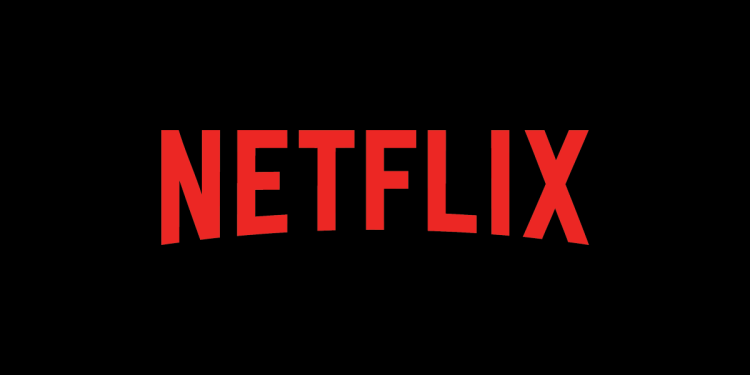When Netflix officially entered the original video content market in 2013, it pulled a neat trick that has left its rivals choking on its dust.
The trick? It succeeded right from the start, making great shows like House of Cards and Orange is the New Black. As a result, it made original content look easy. HBO had been doing this for a couple of decades and had made it seem intimidating. But if Netflix can do it practically overnight, anyone can, right?
Nope. As result, what seemed like a risky pivot four years ago has now put enormous distance between Netflix and all of its rivals, while making the Silicon Valley company one of the biggest content studios on the planet.
That prowess was on display yesterday when Netflix reported larger-than-expected subscriber growth. This surprises analysts again and again. But it shouldn’t.
June 5th: The AI Audit in NYC
Join us next week in NYC to engage with top executive leaders, delving into strategies for auditing AI models to ensure fairness, optimal performance, and ethical compliance across diverse organizations. Secure your attendance for this exclusive invite-only event.
The threats to Netflix are minimal at this point. Even the much-discussed decision by Disney to pull its content in a couple of years mostly leaves me shrugging my shoulders. I have no interest in subscribing to another streaming service just so I can watch Marvel or Pixar or Star Wars movies. I’ll see some of those in a movie theater; some I’ll rent from iTunes.
Meanwhile, Netflix is a bottomless well of content. Yes, much of it is bad. But enough of it is good, and some of it is even great. I’m counting the days until Season 2 of Stranger Things. And there’s still Netflix Marvel series like The Defenders and Daredevil. And countless others.
Netflix is now working on such a massive scale that it’s almost impossible to comprehend. Boosting its original content budget next year to almost $8 billion is one way to think about it. But for me, it’s more about the staggering amount of stuff that pops up every time we open Netflix to watch on our TV. And yes, for our family, Netflix is now TV.
Our Samsung HDTV also has the Amazon video app on it, which we can watch because we have a Prime account. I’ve recently watched The Tick (pretty good) and American Gods (good, has some potential). But beyond that, really, there’s not much. And in terms of movie selection, there’s pretty much zippo of interest.
On top of that, the user interface is horrifically awful. Maybe that’s a small quibble. But it can take eons to scroll through a category of shows or movies on Amazon to see what’s there. In contrast, the Netflix app lets you glide through with nary a hiccup.
It was no surprise to read the recent Wall Street Journal story detailing the chaos and failures of Amazon Studios. The gap in both volume and quality between Amazon and Netflix is probably the best indicator of how hard it is to develop original content and how much can go wrong.
Another interesting example is the new CBS streaming service. The marquee show to help get this off the ground is Star Trek: Discovery, which, where I live in France, is available on …. Netflix. So while I can’t say much about CBS’ streaming service, I can say that Discovery is a hot mess. Despite some interesting characters and potential, the story is almost completely nonsensical. The very premise, in fact, holds so little logic that instead of watching the show we spend most of our time yelling at the TV.
This is bad.
One would think CBS, a company that’s been making original programming for broadcast for decades, would have this down pat. But somehow, when it comes to streaming, the network has managed to take Star Trek, a beloved fan favorite, and completely bungle it. Again, it’s no surprise to hear about turnover with the show runner for Discovery and writing staff and production delays. Still, it seems the powers that be must have thought, hey, it’s just streaming and viewers will binge right over the plot holes and gobble down each episode.
Ugh. No.
Hopefully, Apple is watching all of this and thinking carefully about how it plans to spend its $1 billion on original content. Facebook should be taking notes, as well. It seems all of Silicon Valley has decided that owning and producing original video content is essential to their future.
Their hopes are no doubt high. But matching Netflix at this point may be close to impossible. It’s much more likely that the billions these companies will spend on original content will slip quietly into an abyss. And Netflix will continue its march toward total world domination.

